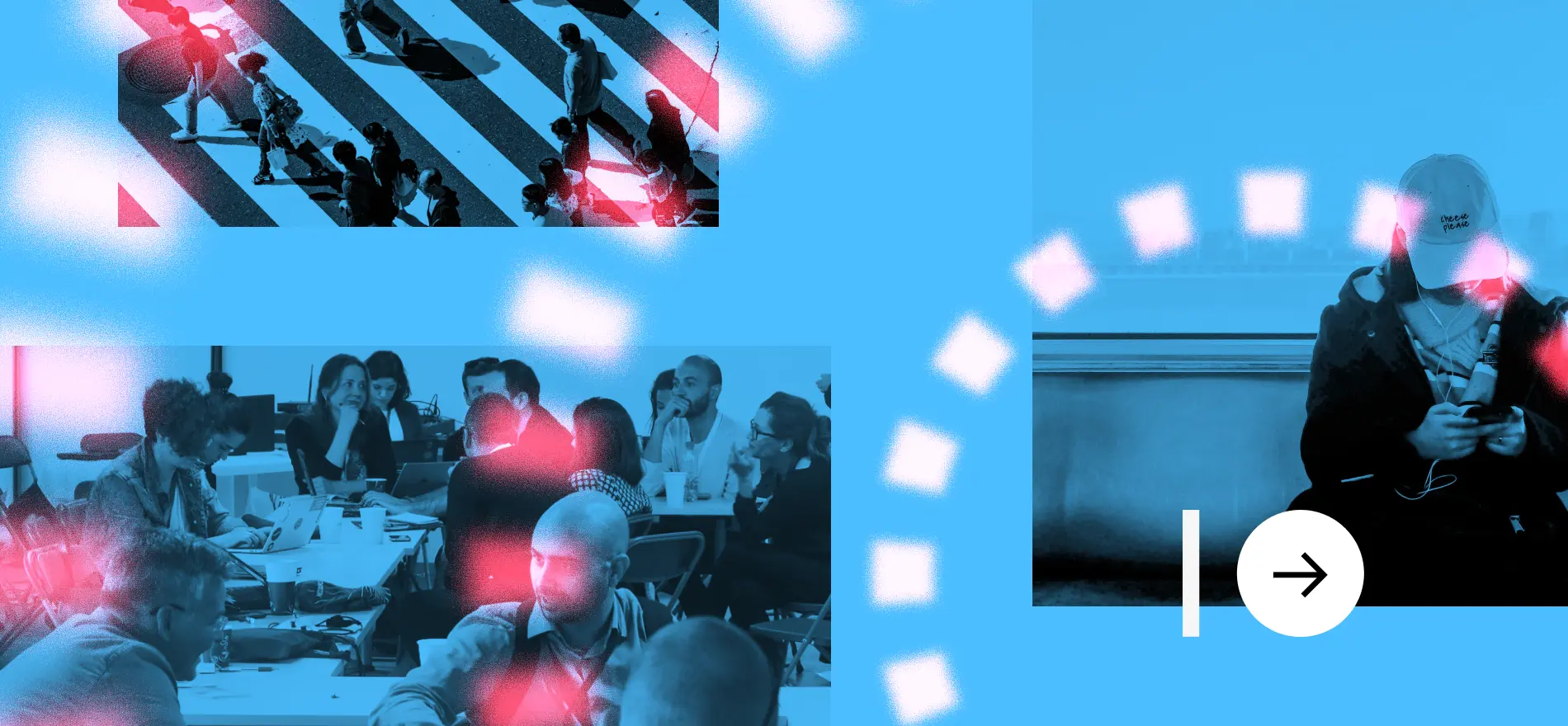From custom AI companions to everyday interactions with large language models, AI tools with eerily lifelike characteristics are becoming a common presence in many people’s lives. At Meedan, our research team has been working to better understand the social and emotional impacts of such tools as they relate to bias and other harms.
This blog post was adapted from the August 2025 edition of our monthly newsletter. Subscribe to the Checklist today.
Safety concerns evolve alongside AI use cases
Not long ago, we announced our plans to pilot a new tool that will help newsrooms strengthen relationships with their audiences through AI-powered mobile chatbots.
As our product and program teams work hard to build and refine this new technology, our research team is probing big questions that will help us navigate the rapidly changing AI landscape. We are certain that the ways in which AI tools encourage us to engage with them deserve at least as much scrutiny as the content they produce.
A recent paper on human-AI relationships by Hannah Rose Kirk, Iason Gabriel, Chris Summerfield, Bertie Vidgen, and Meedan’s Scott A. Hale argues that human beings’ innately social attributes leave us open to feeling like we are forming real and socially meaningful relationships with AI systems. This is particularly true for systems that produce personalized experiences by building on prior user interactions, and it may accelerate as AI systems begin to execute more tasks autonomously for their users.
This paradigm demands that we develop thoughtful processes for matching an AI tool’s value system and functioning to the long-term psychological and behavioral well-being of its human users. The authors argue that these processes, which they term “socioaffective alignment,” will become increasingly important for all AI users.
‘When Claims Evolve’: Further research highlights at Meedan
Pairing an unverified claim with a fact-check may seem straightforward, but in the real world, purveyors of misinformation regularly alter content, introduce slang, and present dialectical variants. How do existing models perform on these modifications, and what can be done to improve them? To help answer these questions, Meedan team members contributed to a recent paper on claim matching for modified misinformation claims.
Honoring Al Jazeera’s Anas al-Sharif
As an organization dedicated to increasing people’s access to trustworthy information — and elevating efforts to verify and contextualize news as it happens — our team mourns and condemns the assassination of Anas al-Sharif, the Pulitzer Prize-winning Palestinian reporter who died alongside four of his colleagues in a targeted Israeli airstrike on Aug. 10. Born and raised in Gaza, al-Sharif showed audiences how Gazans were navigating the current war, and he was among an ever-dwindling number of reporters in the enclave. As of our writing, a Committee to Protect Journalists (CPJ) tally records 189 journalists killed in Gaza since Israel began its bombardment in October 2023, including five this past week. Israeli authorities continue to forbid foreign journalists from entering the territory.
Unverified claims precipitated and were used to justify al-Sharif’s killing. A few weeks before the attack, a spokesperson for the Israeli military publicly alleged that al-Sharif was working with Hamas. Al-Sharif refuted the claim, as did CPJ, which warned that the reporter had a target on his back. Likewise, U.N. Special Rapporteur Irene Khan sounded the alarm about al-Sharif’s safety, highlighting “growing evidence that journalists in Gaza have been targeted and killed by the Israeli army on the basis of unsubstantiated claims that they were Hamas terrorists.”
“These threats constitute clear incitement and an attempt to assassinate my voice, either through bombing or moral distortion,” al-Sharif told CPJ, just weeks before his death. “However, I will not stop conveying the truth.”
Natalia Viana of Agência Pública wins Cabot Prize
We’re also taking a moment to honor the achievements of another journalist who has worked tirelessly to hold power to account. We extend our congratulations to Agência Pública’s Natalia Viana, who was recently named a winner of the 2025 Maria Moors Cabot Prize.
Here’s what the Columbia Journalism School had to say about the Brazil-based journalist: “Natalia Viana is the kind of journalist our times demand: a reporter, editor, storyteller, and mentor to new generations. Above all, she is an entrepreneur who has built digital-native investigative media outlets to expose power and its inner workings in an era overwhelmed by disinformation.”
Parabéns, Natalia!
We collaborated with 53 partner organizations worldwide to design and carry out our 2024 elections projects. We extend special gratitude to our lead partners in Brazil, Mexico and Pakistan, whose work we highlight in this essay.



The 2024 elections projects featured in here would not have been possible without the generous support of these funders.












